A Summer 7s Team of US Development Players--Right Or Wrong?
A Summer 7s Team of US Development Players--Right Or Wrong?
Alex Goff looks at the question of whether players in the USA system should be allowed to play as a unit.
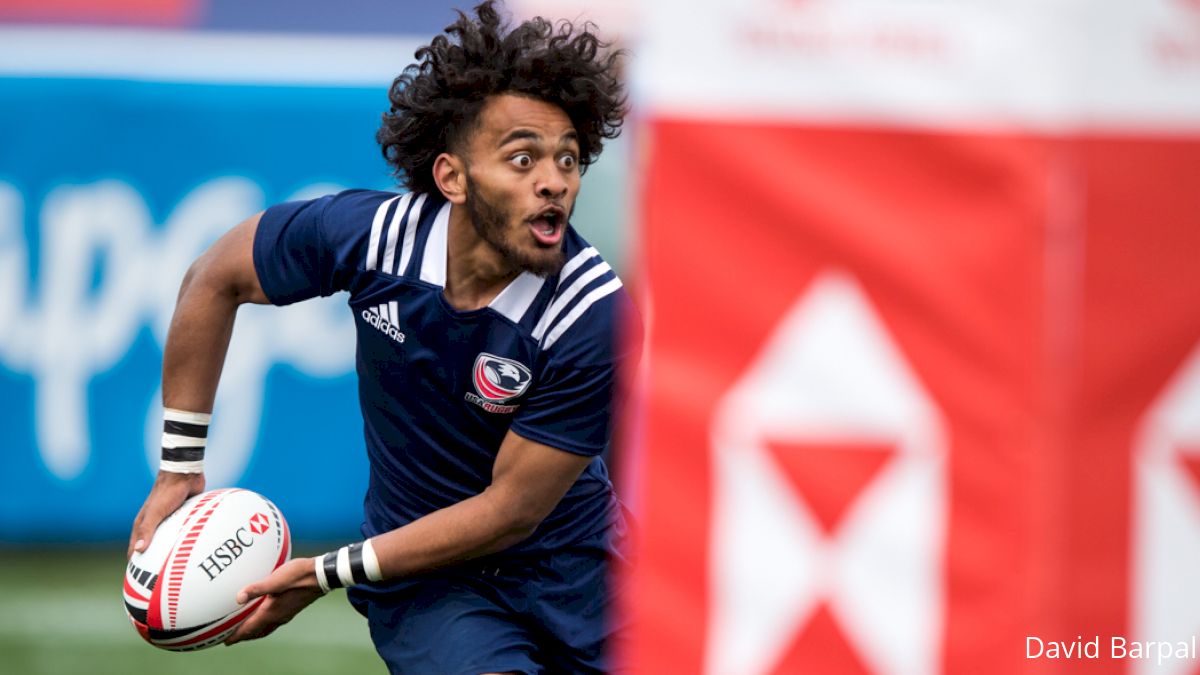
A plan to field young up-and-comer USA 7s hopefuls as its own 7s club for this summer has been kiboshed.
Protests from clubs within Southern California have led to the plan not being implemented at all. What the clubs weren’t happy with was the level of players that would be on the team.
Watch The USA Rugby Club 7s Championships LIVE on FloRugby August 10-11
USA Men’s 7s head coach Mike Friday said rumors that he was going to put basically the USA Falcons on the field were incorrect.
“It would have been high school players and players who didn’t quite make the Falcons,” said Friday. “These are players who need the competition, but also need to be playing our way. We wouldn’t have expected them to win nationals, and in fact I would have been disappointed if they did win, because it would mean we were not where we need to be competitive in the country.”
But it wasn’t just about age. Clubs were concerned about the fact that a Chula Vista team would be made up of players who are paid to play and train in a full-time training environment. It would be a case of entering a professional team in what is ostensibly an amateur championship.
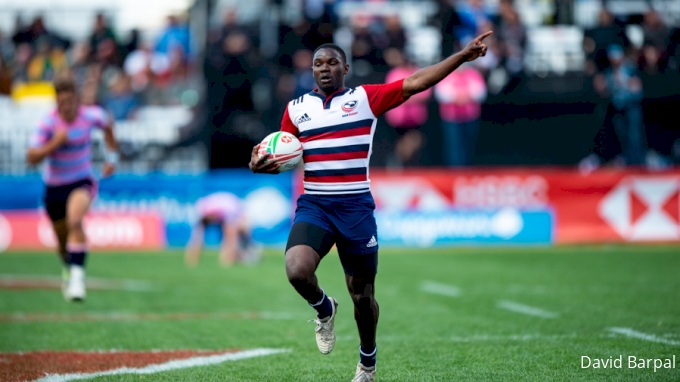
Ostensibly being the key word here, meaning apparently but not actually. The USA Club 7s season is not just for existing 15s clubs. Other teams are formed specifically for the summer. In addition, whether sevens-specific or 15s, clubs have often brought in players from outside, and often found some funding to pay them. This has been accepted practice for years.
In fact, the club 7s championship is usually won by a team created for the summer. Bulldog won nationals last year fielding a team of almost all college players. In 2016-17, Rugby Utah took him the title, and way back in 1987 Duck Brothers, a club formed just to play sevens, were the first.
But the clubs have done well, too. The Seattle Saracens, Seattle-OPSB, and OPSB (essentially the same club, just named differently), has won eight times, starting in 1990 and as recently as 2015. OMBAC has won six times (earliest in 1985 and latest in 2006).
Friday, who is busy getting his team ready for the Pan-Am Games, didn’t fight the resistance, but added that he thinks the idea has merit. Just as the USA plays on the World Series, and the Falcons play second-level tournaments, players at the level below that need some competition, and it seems logical that the USA Club season fits that bill.
And there’s another benefit to the game in allowing this Chula Vista club to operate.
“We were going to use [USA] players as coaches,” said Friday. “We’re developing these players as coaches, and so we’d see Brett [Thompson] or Danny [Barrett] coaching that team, and that would have been great for them. Too bad it was too difficult to do this year.”
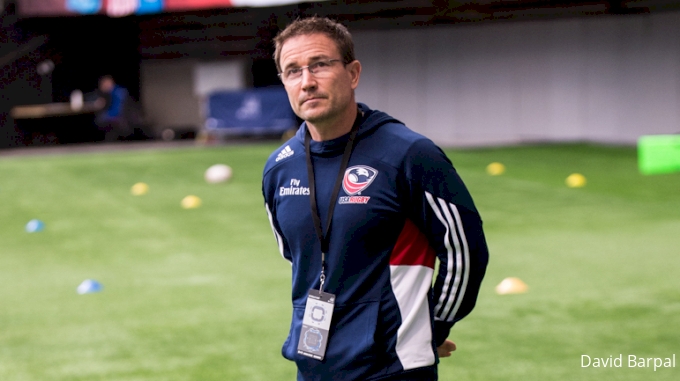
The Southern California RFU did offer a compromise—play in the qualifier season but don’t qualify for the national championships. It appears that that compromise came a bit late as Friday was immersed in getting players ready for the Pan-Am Games.
But … the question won’t be going away. It’s likely as time goes on that Major League Rugby will find a marriage between sevens and 15s, and more teams with a high percentage of professional will compete. Could this eventually make for a divisional split in club 7s? Possibly. There used to be a territorial sevens championship in USA Rugby, and it could be that something akin to that might spring up again. Until it does, the whole point of the national club 7s season is to give players with talent and potential the opportunity to play against tough competition. Clubs already work hard to recruit talent for the summer, and often those players—Barrett (SFGG), Perry Baker (Daytona), Folau Niua (East Palo Alto and SFGG), Kevon Williams (Denver Barbarians) and Ben Pinkelman (Denver Barbarians)—move on to the national team.
And if you already have a concentration of players in a town, it’s logical they all play together … maybe even if it is in Chula Vista, CA.
Related Content
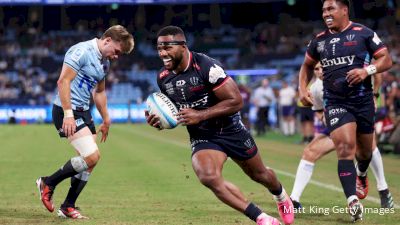 Melbourne Rebels Handed Super Rugby Lifeline From Unlikely Source
Melbourne Rebels Handed Super Rugby Lifeline From Unlikely SourceApr 3, 2024
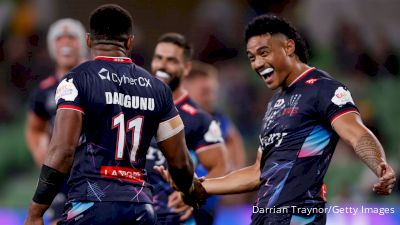 Super Rugby Round 2 Recap: Crusaders' Slide Continues; Chiefs Rout Brumbies
Super Rugby Round 2 Recap: Crusaders' Slide Continues; Chiefs Rout BrumbiesMar 3, 2024
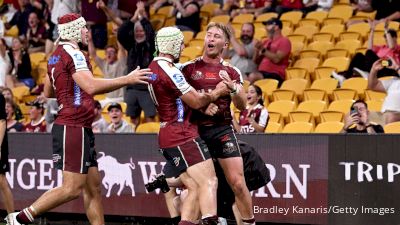 Super Rugby Pacific: Top Tries From Round 1
Super Rugby Pacific: Top Tries From Round 1Feb 27, 2024
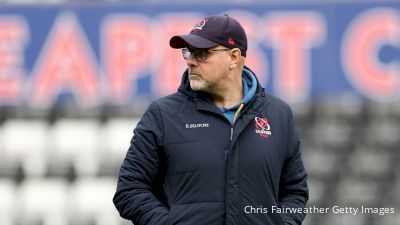 Ulster Rugby Parts Ways With Long-Term Coach Dan McFarland
Ulster Rugby Parts Ways With Long-Term Coach Dan McFarlandFeb 21, 2024
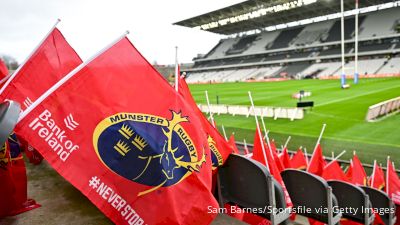 United Rugby Champion Munster Gets Significant Boost With Injury Updates
United Rugby Champion Munster Gets Significant Boost With Injury UpdatesFeb 6, 2024
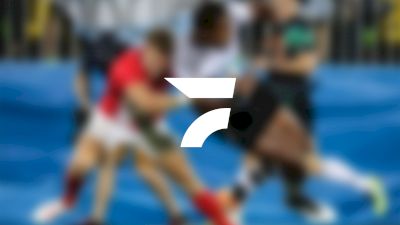 How To Watch: 2024 Life Vs. Quins | Rugby
How To Watch: 2024 Life Vs. Quins | RugbyJan 31, 2024
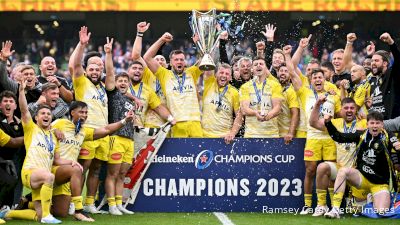 2025 And 2026 Investec Champions And EPCR Challenge Cups Venues Confirmed
2025 And 2026 Investec Champions And EPCR Challenge Cups Venues ConfirmedJan 31, 2024
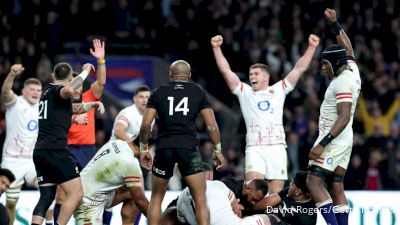 Six Nations Schedule 2024: Here's When England Rugby Plays
Six Nations Schedule 2024: Here's When England Rugby PlaysJan 27, 2024
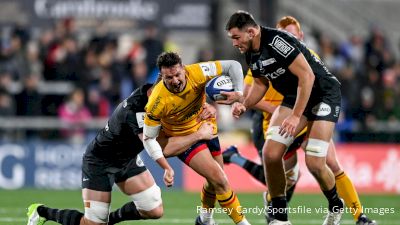 Fly-Half Billy Burns Discusses What It Means To Play For Ulster
Fly-Half Billy Burns Discusses What It Means To Play For UlsterJan 23, 2024